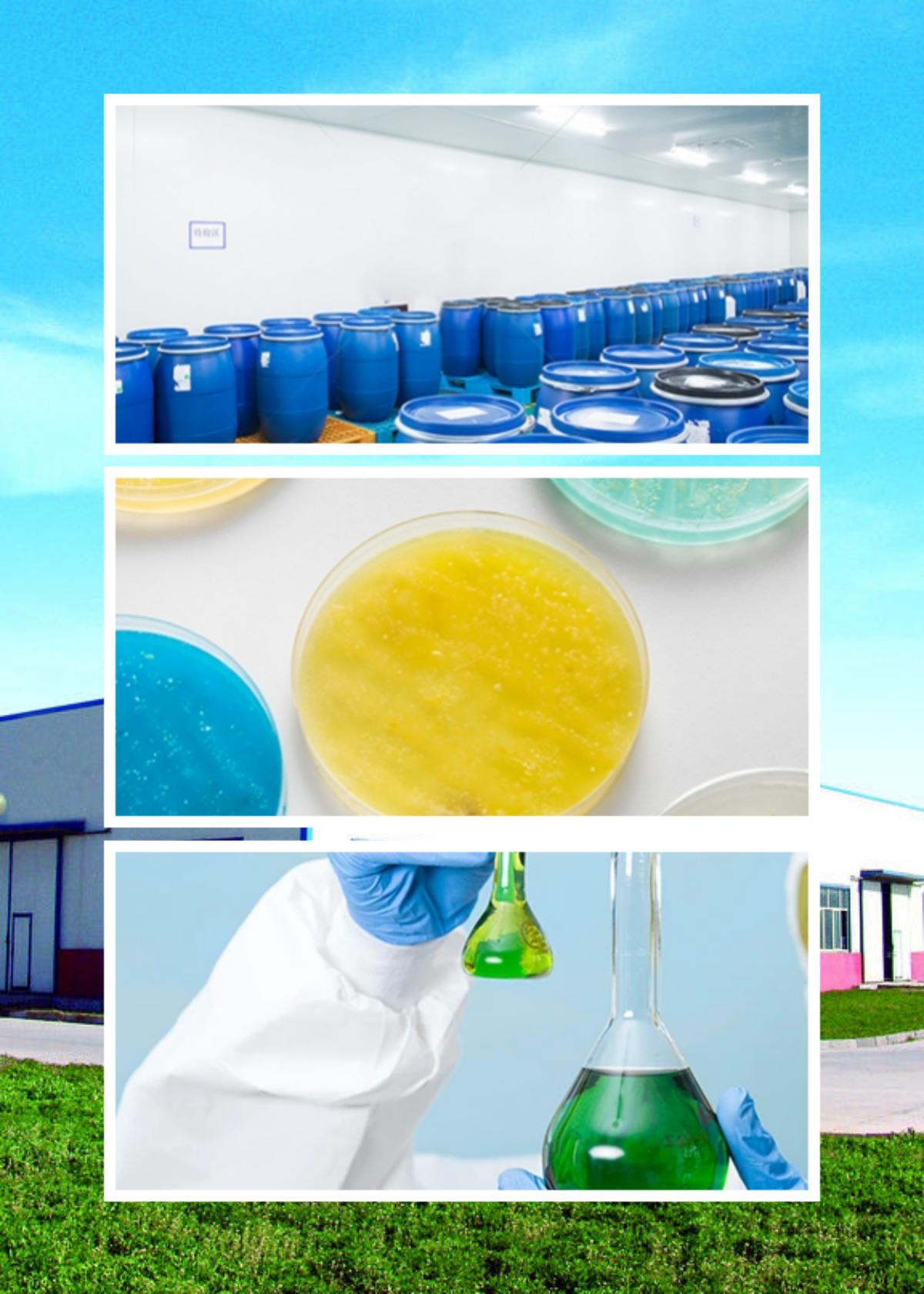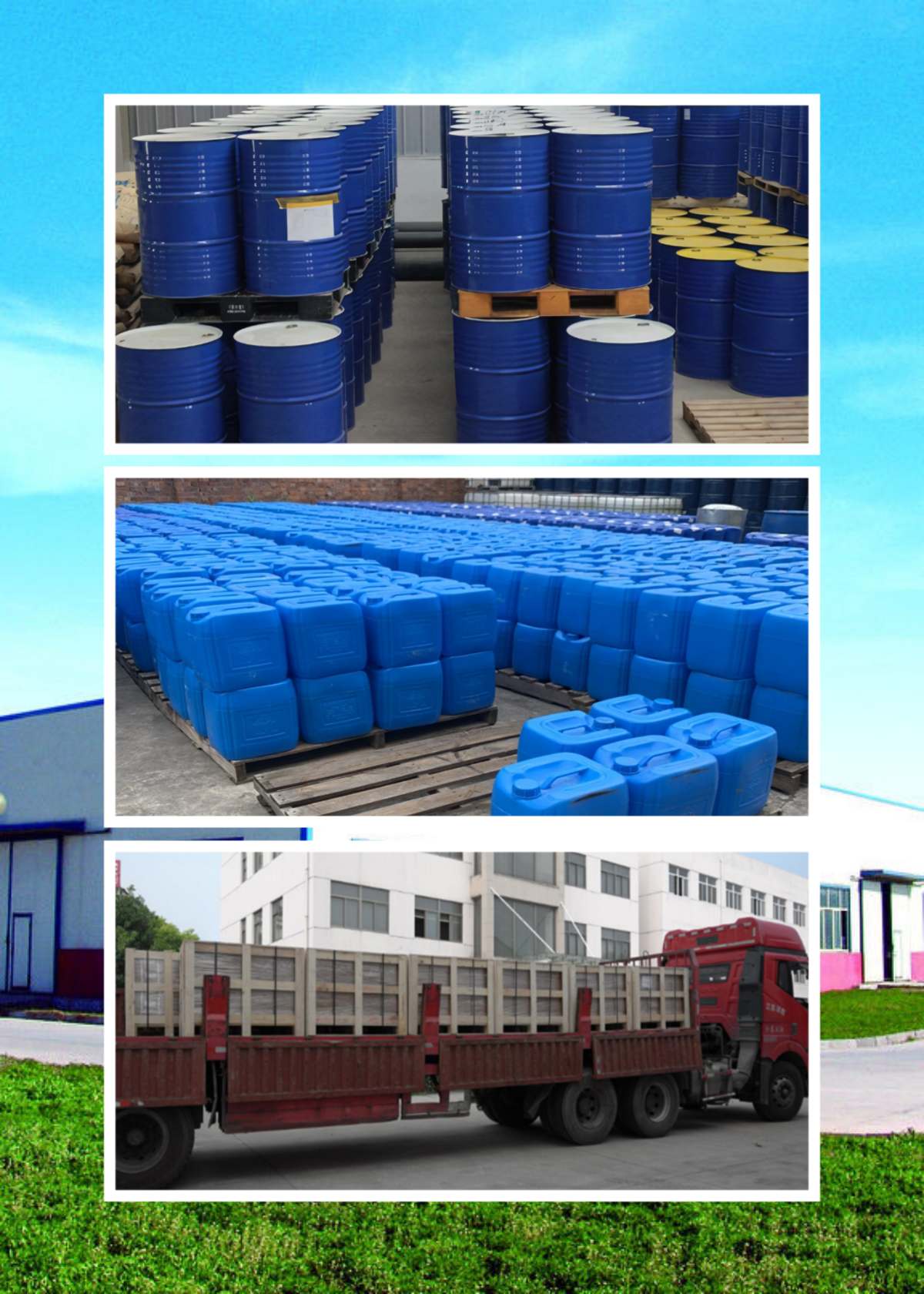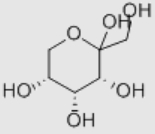Psicose is classified as hexose and ketose, and is the differential isomer of D-fructose carbon position 3. IUPAC name (3R,4R,5R)-1,3,4,5, 6-Pentahydroxyhexan-2-one. It has the special function of regulating blood sugar and other beneficial to human health, and is evaluated as the most potential sucrose substitute by the US Food Navigation network. It is mainly prepared by enzyme fixation and conversion method, that is, the enzyme is cloned and expressed, separated and refined, and then transformed by appropriate carrier fixation.
Aloxulose is used for adult diseases with high blood sugar value, and plays an important role in preventing adult diseases and maintaining proper blood sugar value.
Effect of D-aloxone on lipid metabolism
Hossain et al. added 5% aloxulose to the drinking water of rats with spontaneous type 2 diabetes OLETF (Otsuka Long-Evans Tokushima Fatty). After feeding for 13 weeks, it was found that the abdominal fat and body fat weight of rats were significantly lower than that of the control group, and the fat cells were smaller than that of the control group. When different doses of D-aloxulose were added to the normal diet of high-fat diet-induced obese rats, it was found that body weight and body fat accumulation were reduced compared with the control group, and the degree of reduction was dose-dependent on aloxulose. When the rats were fed 3% aloxone for 4 weeks, it was found that the serum insulin and leptin levels were significantly lower in the D-aloxone group, and the activity of fat synthetase in the liver was decreased, while the expression level of fat oxidase was increased. It was speculated that D-aloxone could reduce fat accumulation by inhibiting fat synthesis and increasing the rate of fat decomposition.
Effect of D-aloxulose on blood glucose metabolism
Several studies have shown that D-aloxulose has the effect of lowering blood sugar. Male rats were fed sucrose, maltose, or soluble starch, and were supplemented with D-aloxulose or D-fructose at a rate of 1/1000. The results showed that aloxulose inhibited plasma glucose concentration; In rat experiments, it was found that aloxone is absorbed into the blood through the small intestine and then excreted by the kidneys after oral administration, without causing blood sugar fluctuations, and can inhibit the activity of alpha-glucosidase.
Mechanism of anti-diabetes of D-aloxulose
The OLETF rat experiment conducted by Hossain et al. showed that postprandial blood glucose, body weight and fat of the aloxone group were effectively controlled, and immunohistochemical results showed that aloxone could induce liver glucokinase expression, thereby improving liver glycogen synthesis. Further studies showed that aloxulose slowed the fibrosis of beta islet cells. The duration of the experiment was extended to 60 weeks, and the results showed that the anti-type 2 diabetes effect of D-aloxone was mainly achieved by maintaining blood sugar levels, reducing weight gain, controlling postprandial blood sugar, reducing inflammatory response, and reducing glycohemoglobin levels.


Related News
Submitted successfully
We will contact you as soon as possible







